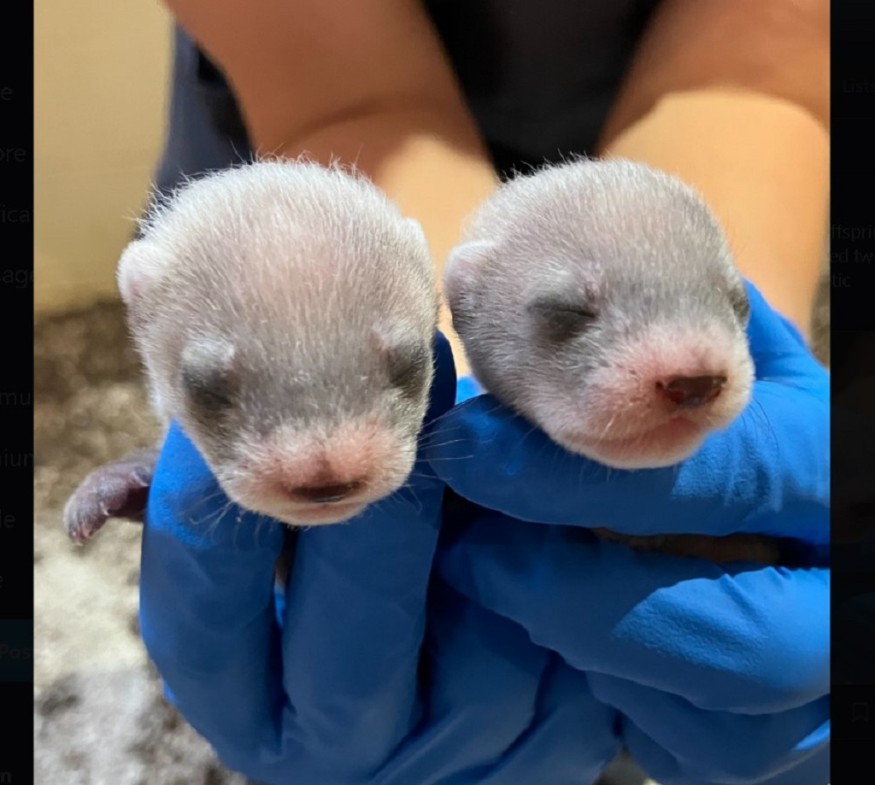
A cloned black-footed ferret named Antonia has given birth to two healthy kits.
The event marks the first time a cloned endangered species has produced offspring, raising hopes for the recovery of a species once believed to be on the brink of extinction.
Antonia and her partner, a male ferret named Urchin, reside at the Smithsonian National Zoo and Conservation Biology Institute in Front Royal, Virginia. Recently, Antonia gave birth to three kits; however, one tragically passed away shortly after birth.
Fortunately, the remaining male and female kits are thriving and reaching important developmental milestones.
The senior curator at the zoo, Paul Marinari, was quoted as saying by The Colorado Sun: "The successful breeding and subsequent birth of Antonia's kits marks a major milestone in endangered species conservation."
He emphasized that the collaborative efforts in the Black-footed Ferret Recovery Program have been crucial in saving this species, stating that these efforts are "inspirational" and serve as a model for conservation programs worldwide.
Black-footed ferrets were listed as endangered in 1967, with their wild population nearly disappearing by the 1970s. A small group of 130 was discovered in Wyoming in the 1980s, and today, there are approximately 400 black-footed ferrets living in the wild, with around 250 in various breeding programs managed by the US Fish and Wildlife Service.
Read also: Ancient Mini Dinosaur Eggs Uncovered in China: Could They Belong to a New T. Rex Relative?
Cloning Breakthrough Offers Hope for Black-Footed Ferret Conservation
Antonia was cloned from frozen tissue samples of a black-footed ferret named Willa. This cloning process, known as somatic cell cloning, involves removing DNA from a donor cell and implanting it into an egg cell. This egg is then implanted into a surrogate ferret.
The successful birth of Antonia's kits is not only a scientific achievement but also a significant step towards increasing genetic diversity in the ferret population.
"Cloning technology can not only help restore genetic diversity but also allow for future breeding," said a representative from the Smithsonian. This means that the kits born from Antonia could play a vital role in boosting the population of black-footed ferrets in North America.
Barbara Durrant, director of reproductive sciences at the Frozen Zoo, highlighted the urgency of the situation, according to MailOnline. She noted that many species are nearing extinction and stated, "If we disappeared, a lot of things would grow back. But some populations are so small, or don't even exist except here, that they would not be able to regenerate without us."
© 2025 ScienceTimes.com All rights reserved. Do not reproduce without permission. The window to the world of Science Times.












